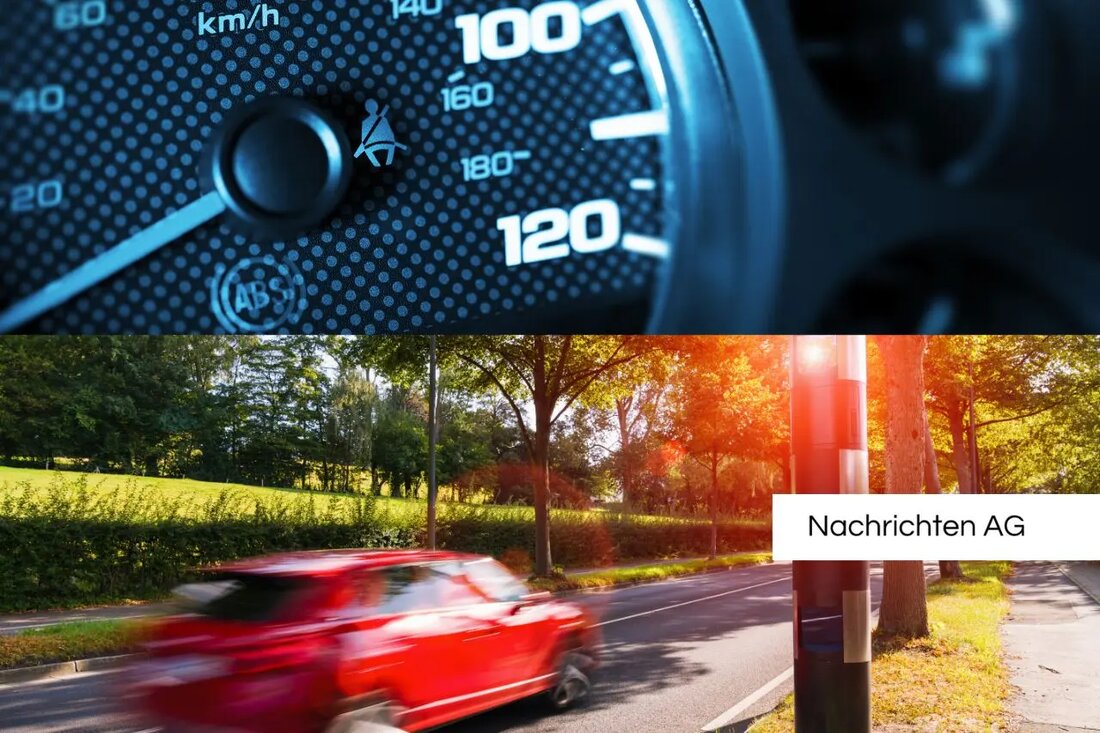Data protection affair: Truck monitoring in Rheinhausen is up for debate!
Data protection affair: Truck monitoring in Rheinhausen is up for debate!
In the Rheinhausen district of Duisburg, a surveillance system has been installed that controls truck traffic on Friedrich-Ebert-Strasse. This measure is intended to offer certain residents, since vehicles with a weight of over 7.5 tons are not approved in special areas of the district. However, the state authority for data protection and freedom of information has registered concerns. It does not consider the operation of the system to be legally permitted in the current form, since the speed camera also captures vehicles that are not affected by the ban, such as buses or trucks with exemptions. Data protection officers warn of an inadmissible interference with the fundamental rights of the vehicle occupants.
Data and monitoring measures are often in the area of tension between public security and the protection of personal data. In this context, the use of GPS to monitor vehicles is also of interest. According to a report by bornemann , the GPS-Ortung is subject to the regulations of the General Data Protection Regulation (GDPR) and the Federal Data Protection Act (BDSG).
Legal framework of monitoring
The GDPR protects personal data and in particular location data. The processing of this data is lawful if the data subject has given their consent or there is a legitimate interest of the company. Examples of legitimate interest include persecution of goods or protection against theft. The legal requirements are particularly strictly when collecting data on private trips with company vehicles, since the fundamental rights of the persons concerned must predominate.
For the surveillance system in Rheinhausen, data protection officers recommend the use of human inspectors to differentiate between forbidden and permitted vehicles. A decision on the legality of this facility is now imminent to the Düsseldorf Administrative Court. At the same time, all data subjects must be informed about GPS monitoring, as this is a legal obligation.
technical and legal requirements
According to the regulations of the GDPR, various principles must be observed. Technical-organizational measures are necessary to ensure the protection of personal data. In addition, special legal bases may be required when collecting, processing and storing data, as is set in Article 88 GDPR or § 26 BDSG-Neu.
The article by Keyed emphasizes that an informed consent may be necessary when using GPS monitoring. In addition, employers are obliged to ensure compliance with data protection regulations and to inform their employees about the monitoring measures. Violations of the GDPR can also be punished with high punishments.
In summary, it can be said that the surveillance system in Rheinhausen is not only an important topic for public security, but also raises fundamental legal issues with regard to data protection and the rights of those affected. The upcoming decisions of the courts will be crucial for the future of such surveillance practices in the region.| Details | |
|---|---|
| Quellen | |


Kommentare (0)